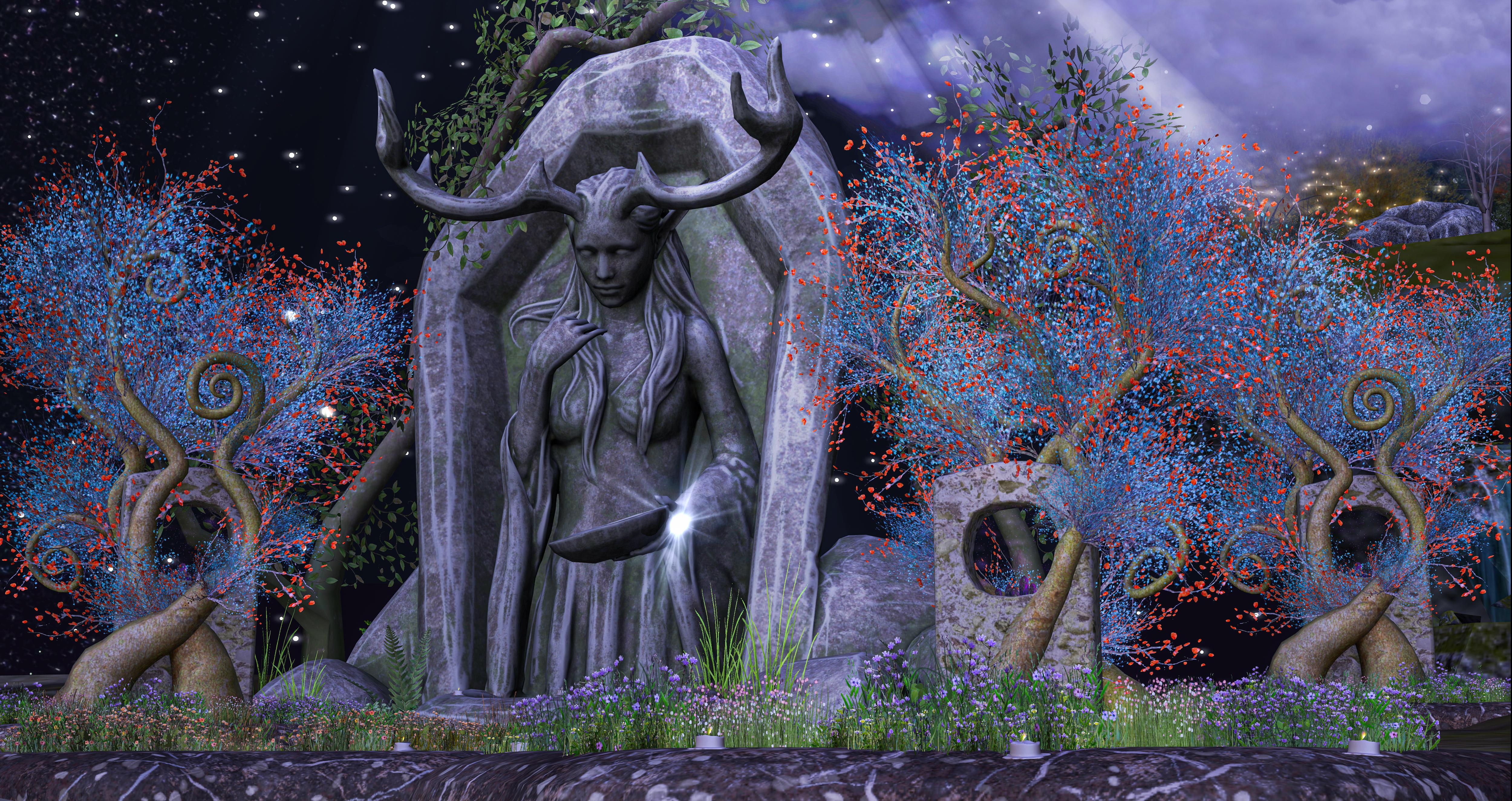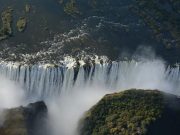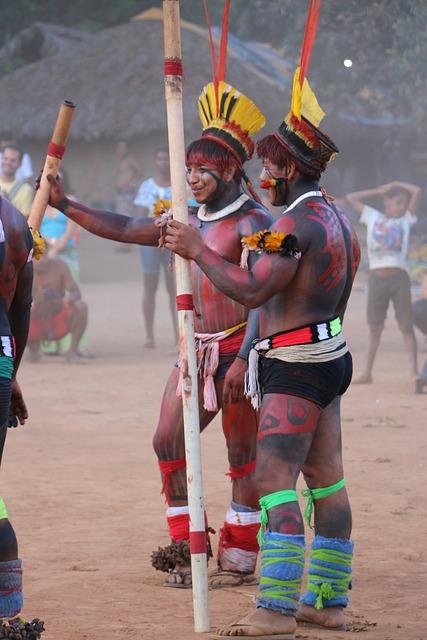In the vast tapestry of North America, woven with threads of history, landscapes, and diverse peoples, the vibrant and enduring presence of Indigenous cultures stands as a testament to resilience, tradition, and innovation. From the icy expanses of the Arctic to the sun-drenched deserts of the Southwest, Indigenous communities have long nurtured a profound connection to the land, crafting narratives that speak of ancient wisdom and contemporary realities. This exploration invites you on a journey through the rich cultural landscapes of North America’s Indigenous peoples, where oral histories and sacred ceremonies intersect with art, music, and modern-day expressions of identity. As we delve into this world, we aim to honor the depth and diversity of Indigenous cultures, recognizing their invaluable contributions to the continent’s cultural mosaic and their ongoing influence in shaping a shared future.
Unearthing Ancestral Wisdom: Traditions and Practices of North American Indigenous Peoples
The rich tapestry of North American Indigenous cultures is woven with threads of ancient wisdom, manifesting in diverse traditions and practices that continue to inspire and educate. From the intricate beadwork of the Plains tribes to the elaborate storytelling of the Navajo, these practices are not only a testament to their enduring legacy but also a living guide to sustainable living and community harmony. Traditional knowledge has been passed down through generations, serving as a compass for navigating the modern world while maintaining a deep connection to the earth.
- Storytelling: Oral histories and legends are a cornerstone, offering moral lessons and preserving cultural heritage.
- Art and Craft: Beadwork, pottery, and weaving reflect both spiritual beliefs and everyday life.
- Ceremonial Practices: Rituals such as the Sun Dance or Potlatch are integral for spiritual expression and community cohesion.
- Environmental Stewardship: Practices like controlled burning and polyculture farming showcase a deep understanding of ecological balance.
In exploring these cultural expressions, one gains insight into a worldview that emphasizes respect for nature, the interconnectedness of all beings, and the value of community. The resilience of Indigenous peoples in preserving these traditions offers invaluable lessons on adaptation and respect in a rapidly changing world.

A Journey Through Time: Exploring Indigenous Art and Storytelling
Across the diverse landscapes of North America, Indigenous art and storytelling serve as powerful vessels of cultural expression and historical continuity. These creative forms, rich with symbolism and tradition, offer profound insights into the lives, beliefs, and resilience of Indigenous communities. Storytelling, often conveyed through oral traditions, paintings, carvings, and textiles, reflects a deep connection to the land and the cosmos. Through vibrant colors and intricate patterns, Indigenous art narrates stories of creation, spirituality, and community values, preserving ancestral wisdom for future generations.
- Symbolism and Meaning: Art is not merely decorative but a language of symbols that convey deeper meanings.
- Connection to Nature: Many stories and artworks highlight the harmonious relationship between humans and the natural world.
- Resilience and Identity: These creative expressions are a testament to the enduring spirit and identity of Indigenous peoples.
Exploring these art forms is akin to embarking on a journey through time, where each piece serves as a portal to the past, guiding us through the myriad experiences of Indigenous ancestors. The interplay between art and narrative creates a rich tapestry of cultural heritage that continues to inspire and educate both Indigenous and non-Indigenous audiences alike. By engaging with these stories and artworks, we not only honor the past but also foster a deeper understanding and appreciation of the vibrant cultures that have shaped the continent’s history.

Sacred Lands: Understanding the Connection Between Nature and Indigenous Beliefs
In the tapestry of North American indigenous culture, the profound bond between the natural world and spiritual beliefs forms a cornerstone of identity and tradition. Indigenous communities perceive the land not merely as a resource but as a sacred entity imbued with life and wisdom. This spiritual connection manifests in various ways, from the reverence of specific geographic features to the rituals that honor the earth’s cycles. For these communities, the land is a living narrative that carries the stories of ancestors, guiding principles for life, and a blueprint for ecological harmony.
- Animism: Many indigenous cultures view every element of nature as possessing a spirit, fostering a relationship of mutual respect and stewardship.
- Ceremonial Sites: Mountains, rivers, and forests often serve as ceremonial sites, where rituals are performed to seek guidance or give thanks.
- Traditional Ecological Knowledge (TEK): Passed down through generations, TEK reflects a deep understanding of local ecosystems, emphasizing sustainable living.
Understanding these beliefs offers valuable insights into how humans can coexist with nature, promoting a harmonious balance that modern society strives to achieve. By exploring indigenous perspectives, we gain a deeper appreciation for the land’s sacredness and the cultural wisdom that has preserved it through the ages.

Engage Respectfully: Guidelines for Experiencing Indigenous Culture Authentically
When immersing yourself in the rich tapestry of Indigenous cultures across North America, it’s essential to approach with both curiosity and respect. This means prioritizing genuine interactions and understanding over mere observation. Respectful engagement involves acknowledging the sovereignty and traditions of Indigenous communities, and recognizing that you are a guest in their space. Avoid making assumptions or generalizations, as Indigenous cultures are diverse and unique in their own right. It’s beneficial to research and learn about the specific community you are visiting beforehand, ensuring your presence is informed and considerate.
- Listen actively: Pay attention to the stories and teachings shared by community members. Their narratives are invaluable resources that provide insight into their worldviews and histories.
- Seek permission: Always ask for consent before taking photos, recording, or participating in sacred ceremonies. What might seem like a simple gesture can have profound significance.
- Support local artisans: Purchase crafts and goods directly from Indigenous artisans. This not only supports their economy but also fosters an appreciation for their craftsmanship.
- Educate yourself: Take the time to learn about the historical and contemporary issues faced by Indigenous communities. This understanding can deepen your appreciation and respect.
By following these guidelines, you contribute to a respectful and enriching experience that honors the depth and diversity of Indigenous cultures.
To Conclude
As we conclude our journey through the rich tapestry of indigenous culture in North America, we find ourselves standing at the crossroads of history and contemporary life, where ancient traditions and modern narratives converge. The stories, art, and wisdom of the First Nations, Inuit, and Métis people weave a vibrant mosaic that invites us to look beyond the surface and into the heart of their enduring legacy.
In exploring these cultures, we uncover not just the past, but also the resilience and innovation that continue to shape their present and future. From the echoing beats of the powwow drum to the intricate patterns of beadwork, each cultural expression is a testament to survival, adaptation, and identity.
As we leave this exploration, let us carry forward the understanding that these cultures are not relics of a bygone era, but living, evolving entities. They offer profound insights into harmony with nature, community cohesion, and the strength found in diversity. By acknowledging and respecting the depth of indigenous culture, we enrich our own perspectives and foster a shared path toward a more inclusive and respectful future.
May this exploration be a stepping stone to further learning and appreciation, encouraging us all to support and celebrate the vibrant cultures that continue to thrive across the North American landscape.


































